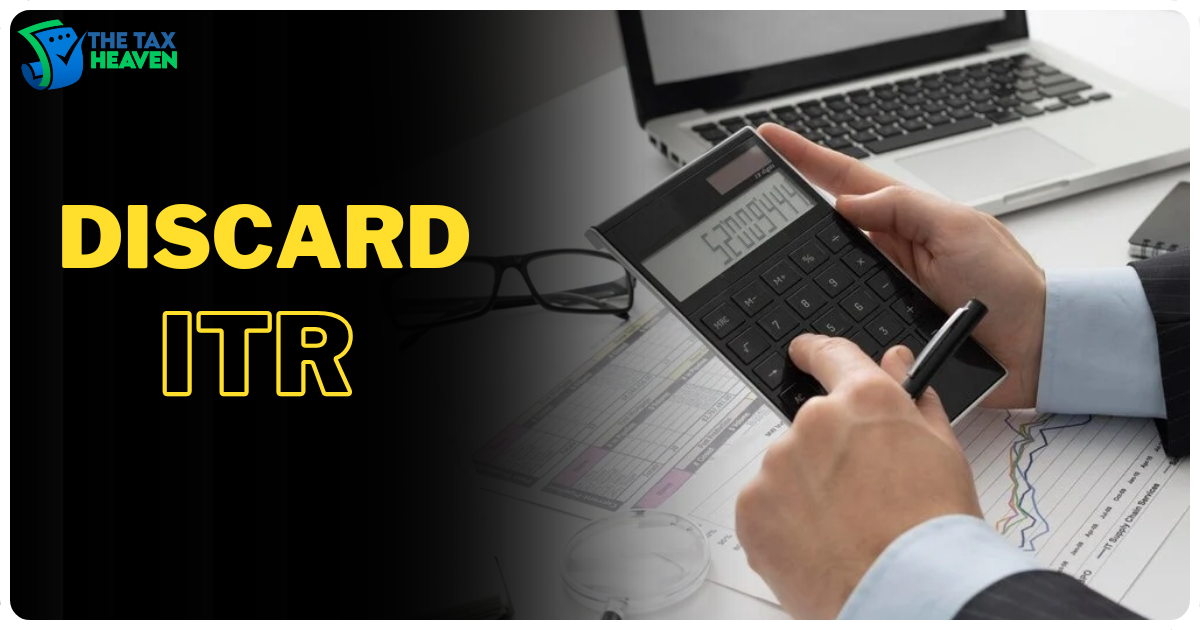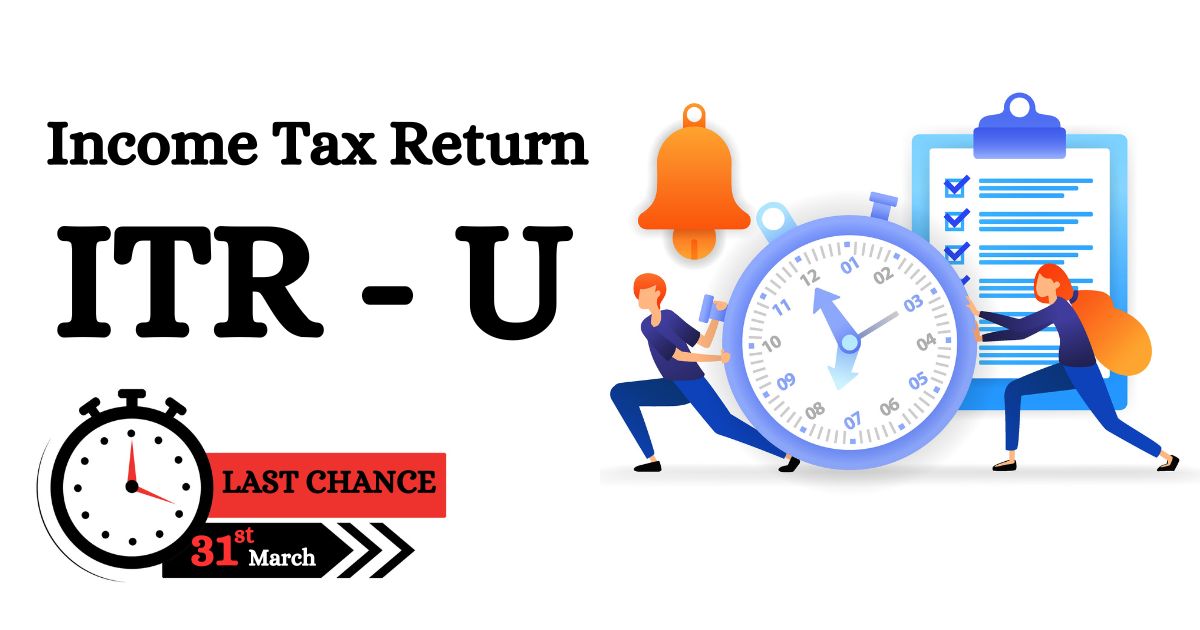Tax Audit: All You Need to Know
As a business owner, staying updated with the latest tax regulations is essential. One important aspect of taxation that all business owners must be aware of is tax audit and its applicability to your business. Tax audit refers to the process of inspection and verification of the books of accounts of a taxpayer to ensure their adherence to the provisions of the Income-Tax Act, of 1961.
In India, Section 44AB of the Income-Tax Act, 1961 lays an obligation on certain persons mentioned thereunder carrying on business or profession, to get their accounts audited before the “specified date” by a Chartered Accountant, if their turnover exceeds the specified threshold limits or in cases where they are eligible to declare their income on a presumptive income basis as per section 44AD if they claim that their income is lower than the income so computed as per presumptive income.
The key objectives of the tax audit are as follows:
- Ensures that the books of accounts are maintained properly and certified by a Chartered Accountant.
- Prepares and submits an audit report according to the requirements of Form no. 3CA/3CB and 3CD.
- Gives assurance to shareholders that the books of accounts are free from any discrepancies and financial statements and audit reports give a true and fair view of the business.
- Helps in checking fraudulent practices.
It is important to understand the applicability of tax audit based on the category of person- business. Here’s a breakdown:
Assessee carrying on a business but not opting for presumptive taxation scheme:
- Applicability:
- If total sales, turnover, or gross receipts exceed INR one crore in the previous financial year.
- If cash transactions are up to 5% of total gross receipts and payments, the threshold limit is increased to INR ten crores.
Assessee carrying on business eligible for presumptive taxation under Section 44AE, 44BB or 44BBB:
- Applicability:
- If the profit claimed is lower than the prescribed limit under the presumptive taxation scheme.
Assessee carrying on business eligible for the presumptive taxation under Section 44AD:
- Applicability:
- If taxable income declared is below the limits prescribed under the presumptive tax scheme and has income exceeding the basic threshold limit.
Assessee carrying on the business and is not eligible to claim presumptive taxation under Section 44AD due to opting out for presumptive taxation in any one financial year of the lock-in period i.e. 5 consecutive years from when the presumptive tax scheme has been opted:
- Applicability:
- If income exceeds the maximum amount not chargeable to tax in the subsequent 5 consecutive tax years from the financial year when the presumptive taxation was not opted for.
Assessee carrying on a business where declaring profits as per presumptive taxation scheme under Section 44AD:
- Applicability:
- If income exceeds the maximum amount not chargeable to tax in the subsequent 5 consecutive tax years from the financial year when the presumptive taxation was not opted for.
- If the total sales, turnover, or gross receipts do not exceed Rs 2 crore in the financial year, then tax audit will not apply to such businesses.
Category of person - Profession:
Assessee carrying on the profession:
- Applicability:
- If the total sales, turnover, or gross receipts do not exceed Rs 2 crore in the financial year, then tax audit will not apply to such businesses.
Assessee carrying on a business where declaring profits as per presumptive taxation scheme under Section 44AD:
- Applicability:
- If the total sales, turnover, or gross receipts do not exceed Rs 2 crore in the financial year, then tax audit will not apply to such businesses.
Category of person - Business Loss:
Where the assessee is carrying on business with loss and has not opted for a presumptive taxation scheme under section 44AD:
- Applicability:
- Where total sales, turnover, or gross receipts exceed Rs 1 crore.
Where the assessee’s total income exceeds the basic threshold limit but he has incurred a loss from carrying on a business and not opted for a presumptive taxation scheme under section 44AD:
- Applicability:
- In case of loss from business when total sales, turnover, or gross receipts exceed INR 1 crore, the assessee is subject to tax audit under 44AB.
Where the assessee is carrying on a business (opted presumptive taxation scheme under section 44AD) and having a business loss but with income below the basic threshold limit:
- Applicability:
- Tax audit not applicable.
Where the assessee is carrying on a business (opted presumptive taxation scheme under section 44AD) and having a business loss but with income exceeding the basic threshold limit:
- Applicability:
- Declares taxable income below the limits prescribed under the presumptive tax scheme and has income exceeding the basic threshold limit.
Chartered accountants are responsible for providing the tax audit report. They must furnish the prescribed particulars in Form No. 3CD, which also forms a part of the audit report. The auditor shall furnish the tax audit report in any of the following prescribed forms: Form No. 3CA is furnished where an assessee is carrying on business or profession and is already mandated to get the books of accounts audited under any other law. Form No. 3CB is furnished where an assessee is carrying on business or profession and is not required to get the books of accounts audited under any other law.
If an assessee fails to comply with the provisions of section 44AB and does not get their books of account audited, they will be liable to pay a penalty as per section 271B. According to section 271B, the penalty shall be lower of the following amounts: (a) 0.5% of the total sales, turnover, or gross receipts or (b) Rs. 1,50,000.
In conclusion, it’s important for business owners to determine if they meet the criteria for tax audit applicability based on their category of person - business. Not complying with tax audit regulations can lead to hefty penalties. It's advisable to seek the help of a chartered accountant to ensure the timely preparation and submission of your tax audit report.







